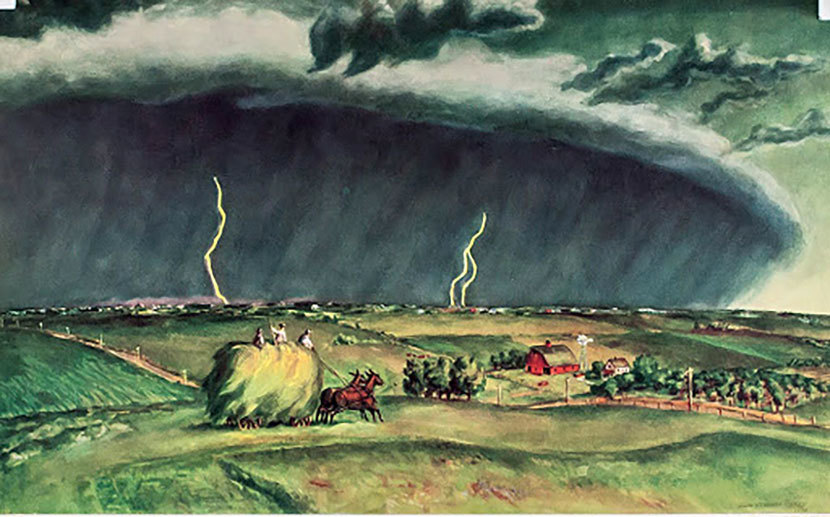Sherwood Anderson (1876–1941)
From Sherwood Anderson: Collected Stories

Sherwood Anderson was born 144 years ago on September 13, 1876.
When the editor and critic H. L. Mencken was asked by The Literary Digest to name the top new literary stars in 1922, he listed the five that first came to his mind: fantasy writer James Branch Cabell, playwright Eugene O’Neill, the novelists Willa Cather and Joseph Hergesheimer, and short story writer Sherwood Anderson.
In Mencken’s view, they were the vanguard of writers representing a radical change in American literature. “We are in the midst of a shifting of standards. The dominant critical opinion of the United States, once strongly Puritan, has become very anti-Puritan.” Changing tastes, however, had also enhanced rather than rejected many writers of the previous century. “I doubt that it has materially modified the position of Emerson, Hawthorne, and Poe,” Mencken concluded, and “it has unquestionably helped Whitman and Mark Twain.” And, as Mencken would know firsthand, Anderson’s early tales greatly influenced the literary stars of the subsequent decade, especially Hemingway, Fitzgerald, and Faulkner.
In his stories, Anderson’s rejection of “Puritanism” was not only a change in moral outlook but also a change in geography: the restrictive primness of aging New England institutions was abandoned as the nation’s population migrated west. In his story “The New Englander,” he presents this theme literally, in a portrait of a young woman who moves from her repressive home in Vermont to a far more free-spirited community in Iowa. We present it in full as our Story of the Week selection.



